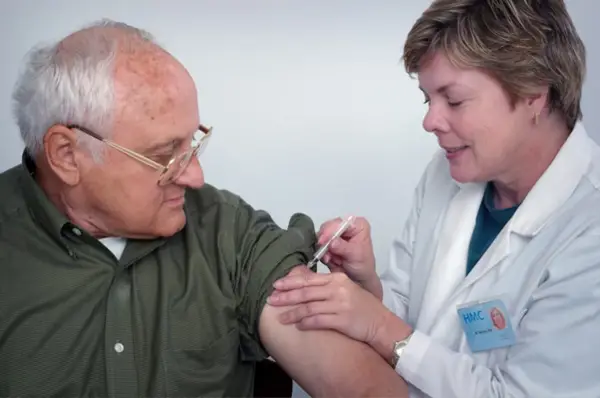
6 Soft and Technical Skills You Need to Care for Senior Patients As a Healthcare Professional
Being an aspiring doctor is a noble decision to provide healthcare and positively impact people's lives. However, there are multiple factors in deciding to become a doctor, from finding colleges to giving the required exams and researching what to expect when you become a doctor.
One of the things you will need to face as a future doctor is older people. Treating senior patients requires specific considerations and expertise, as aging has challenges and complexities. As a future doctor, you must prepare to work with nurses, geriatricians, social workers, and physiotherapists to provide the best collaborative care for your patient and improve the quality of care.
Develop Empathy and Strong Communication Skills
Doctor-patient communication is crucial to your success as a doctor. Many aging patients deal with sensory impairments, emotional changes, and cognitive decline. Older people have trouble listening and processing information, so you must be patient and speak slowly with simple words and no medical terminology.
You might also have to contact the patient's caregiver and family to explain their treatment plan. You must create strong communication skills, active listening, and empathy with elderly patients to develop trust with your patients for accurate diagnosis and effective treatment.
Know Palliative and End-of-Life Care
When becoming a doctor, you will have to give end-of-life care, also known as palliative care. Palliative care is specialized care for patients with severe illnesses like cancer. This will require sensitivity, compassion, and understanding of ethical considerations. Such qualities are essential when discussing the symptoms and treatment plan with the patient's family through these difficult decisions.
Advocating for Your Elderly Patients
As a doctor, you must advocate for the well-being of your old patients. You must recognize and address ageism, ensuring your patients have equal healthcare access. You will be expected to educate and promote policies that support healthy aging. Future doctors should be prepared to advocate for their elderly patients individually and systematically.
Collaborative Care
Older people usually deal with multiple medical problems, from body pains to managing conditions. They need a multidisciplinary approach to treat their complex health issues. As a future doctor, you must prepare to work with nurses, geriatricians, social workers, and physiotherapists to provide the best care for your patient and improve the quality of care.
Keep Up With the Literature
As a future doctor, you must stay updated with scientific discoveries in gerontology, the study of the health of aging people. Care for seniors requires specialized knowledge. You will need to research and understand all age-related changes with all the new research on preventative measures that can be taken to maintain the health of older adults. You can stay updated with these methods.
- Reading scientific journals
- Attending conferences and seminars
- Joining professional associations
- Exploring or working at geriatric research centers
- Following medical blogs and websites
Understand Multimorbidity and Polypharmacy
Elderly patients often deal with multiple conditions at once, requiring you as a doctor to develop expertise in managing multimorbidity. Multimorbidity is the patient coping with two or more long-term health conditions. Another significant concern will be polypharmacy which is the use of multiple medicines. As a future doctor, you should anticipate learning the need to make proper prescriptions as bodies undergo physiological changes in older age, affecting drug absorption, distribution, and metabolism.
Seniors usually require multiple drugs due to comorbidities, and multiple drug interactions can cause an increased chance of adverse drug reactions. You must assess the benefits and risks of every medication while considering the patient's overall health and the other medicines they are taking.
Endnote
If you plan to become a doctor, you should know what to expect when dealing with elderly patients with their challenges. You must understand aging and create communication skills and empathy to deal with old patients. Doctors need to be emotionally strong to deal with the elderly end of life and with terminal diseases. Advocating for equal healthcare access and collaborative care with other healthcare experts is essential for the best care of your patient.